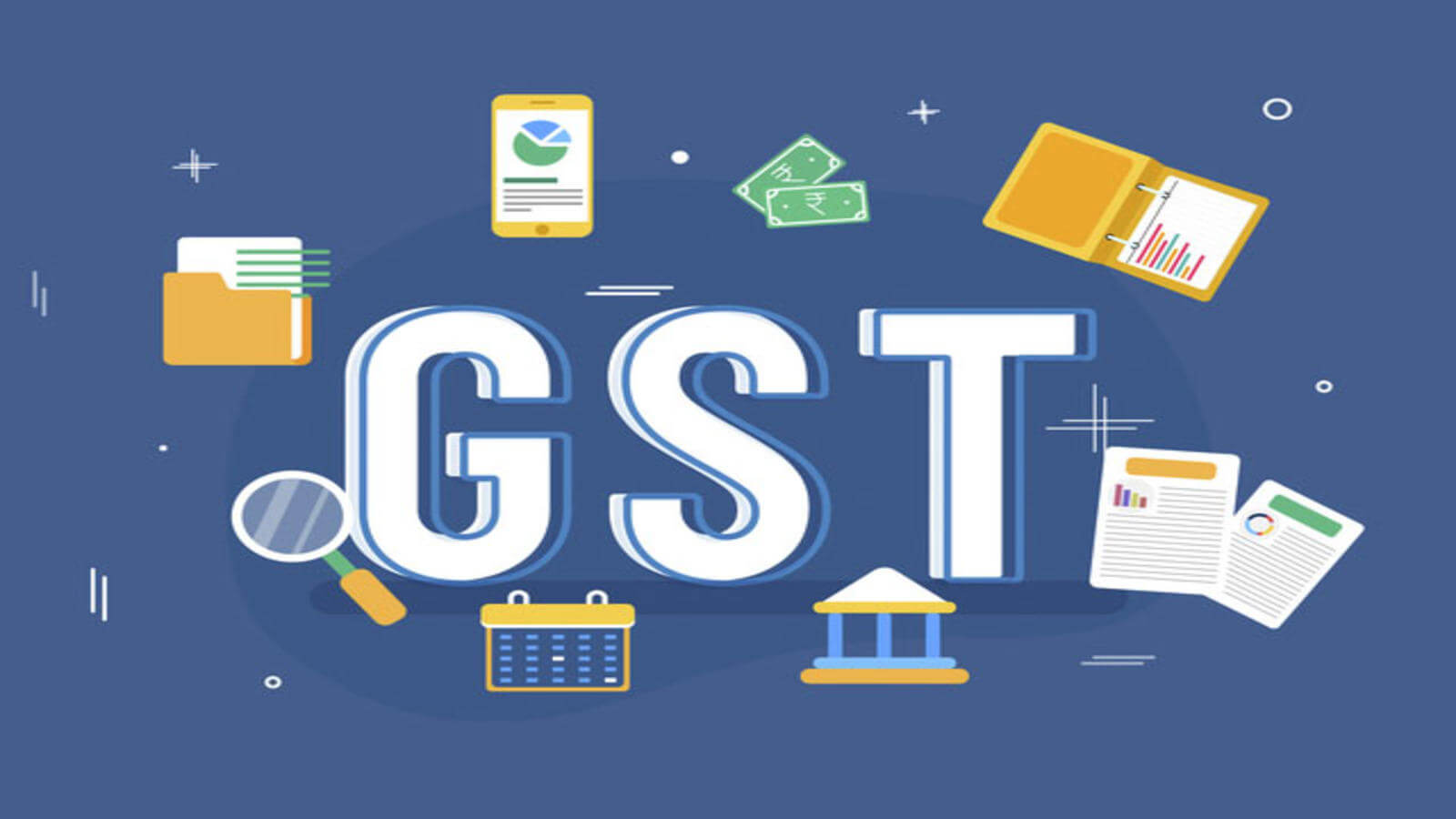The removal of restrictions to avail the input tax credit of GST paid on automobiles for businesses would make vehicles more affordable when used for business purposes, besides fulfilling the basic intention of GST to eliminate cascading of taxes.
A rear-view reflection of Indian automotive sector shows the struggle and profound recession within the automotive industry for the last few years even before the pandemic outbreak. As the year 2021 unfolds, the Indian auto industry is optimistic to recover from the throes of the further downturn caused by COVID-19 pandemic.
In addition to the convalescing actions that the automotive industry will be required to take in order to recuperate itself, there is also a need for governmental reforms to aid the same.
The government has already shown focus on initiatives that are likely to improve the sentiments in the auto sector. The rollout of schemes like ‘Production Linked Incentive’ (PLI); ‘Manufacture and Other Operations in Warehouse Regulations’ (MOOWR) and ‘Remission of Duties and Taxes on Exported Products’ (RoDTEP) has already set the ball rolling in the desired direction.
Under the PLI scheme alone, the government has proposed an outlay of approximately Rs 57,042 crores for the automotive sector and an additional Rs 18,100 crores for Advanced Chemistry Cells (used in EV batteries). The scheme is designed to incentivise incremental production for eligible entities, promote exports and substitute imports.
The PLI scheme for the automotive sector, which contributes 40 percent of India’s manufacturing GDP, will bring manufacturing to the centre stage and emphasise its significance in driving India’s growth and creating jobs in the country at a large scale.
With just a few days left for 2021 Union Budget on 1 February, the entire nation will have its ears and eyes on the Budget speech of the finance minister. Finance Minister Nirmala Sitharaman has promised a ‘never before’ like Union Budget as the government looks to steer the pandemic-battered economy and push growth. In such a scenario, the auto industry expects relief from the Union Budget 2021-22 in multiple areas including direct and indirect taxation, in addition to various policy-level initiatives.
On the policy-level initiatives, the industry expects the PLI scheme to be focused on import substitution and factor the gestation period involved in setting-up the value chain in India.
While Goods and Services Tax (GST) rates are proposed and determined by the GST Council, however, the rate reduction is pivotal for accelerating the growth of the automotive sector. In the personal vehicle space, the sector has lately shown increasing preference for personal mobility, thanks to social distancing norms. To further augment the same, government and the GST Council could make two-wheelers and entry-level cars cheaper by temporarily reducing the GST rate to 18 percent from the present 28 percent and lowering the compensation cess rates.
Further, the removal of restrictions to avail the input tax credit of GST paid on automobiles for businesses would make vehicles more affordable when used for business purposes, besides fulfilling the basic intention of GST to eliminate cascading of taxes. On similar lines, the escalated depreciation rate of vehicles under Income Tax would help to improve the demand.
Other incentives like reduction in road taxes/registration charges will reduce the cost burden on consumer vehicles. With car loans being offered at very low interest rates by banks and other financial institutions, the finance minister in her Budget may consider expanding the availability of tax deduction of interest on the loan for EVs to other vehicles as well.
There is also a grapevine of the introduction of COVID cess/ surcharge on high-income earners, which would eventually reduce the personal disposable income in the hands of consumers, which may adversely impact the automotive sector.
The industry has been awaiting the much-talked-about scrappage scheme. A suitable scrappage policy can boost the demand to another level, in addition to meeting the emission norms.
Given the unprecedented times, the need to balance these requirements is much more than ever in this Budget and it would not be an exaggeration to say that this is the now or never opportunity to introduce measures to propel economic growth and drive the government’s agenda to bring the economy back onto a growth trajectory.
Source: firstpost.com
Follow us for free tax updates : facebook Twitter
***
Subscribe our portal and get FREE Tax e-books , quality articles and updates on your e-mail.
Resolve your GST queries from national level experts on GST free of cost.
TW Editorial Team comprises of team of experienced Chartered Accountants and Advocates devoted to spread the knowledge of GST amongst the various stakeholders.




